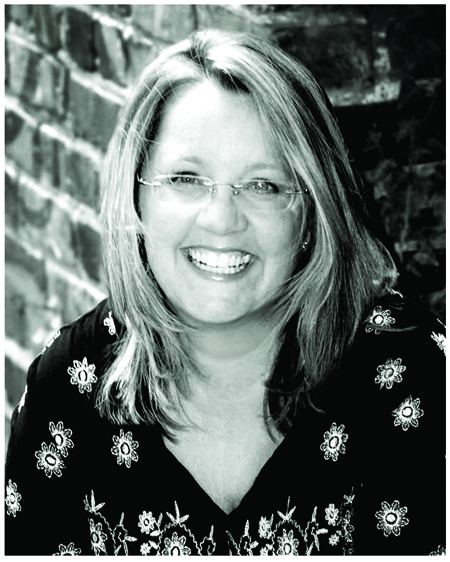As a child, Morrison was a good student and was well-liked among his classmates. The son of a Navy Admiral, however, he was constantly being uprooted. Combined with his adult life as a traveling musician, the constant upheaval led him to identify strongly with the role of the wanderer and seeker. As a teenager, he devoted himself to reading books of poets and philosophers. In 1964, When he was 20-years-old, his emerging interest in film led him to enroll in UCLA. There Jim met film student and fellow dope smoker Ray Manzarek. During one encounter, Jim told Ray he was heading to New York to check out the scene. The next time Manzarek saw Jim, he asked him how New York had been. Jim replied that he had never left California, but instead had been laying low, taking acid and writing songs. This was the first Manzarek had heard of Morrison’s interest in songwriting. He hadn’t even known that Jim could sing. “Let’s hear one,” he persisted. Morrison sang the words to “Moonlight Drive,” Manzarek’s mind began to race with keyboard parts, and a partnership was born. “I was just completely enamored with his words,” Manzarek would later tell interviewer Jim Ladd. (Ladd’s interviews with the remaining band members were later released by The Doors on the CD set <i>No One Here Gets Out Alive</i>.) “Terrific lyrics.”
Videos by American Songwriter
It wasn’t just Manzarek who saw potential in Jim’s writing. “I joined the band because I wanted to drum to Jim’s poetry,” wrote John Densmore. “I thought it would be far out.” Guitarist Robby Krieger, calling in to discuss The Doors’ 40th Anniversary with <i>American Songwriter</i>, echoes that sentiment. “I just went, ‘Wow, these are great songs.’ He was obviously a great writer, which is really why I joined the band.” There was also the undeniable appeal of Jim’s voice-sensuous, sensual, masculine, commanding, wasted. “The way he sang and the way he interpreted melodies and phrasing was unlike anybody I’ve ever known. If he wasn’t so lazy, I’m sure he could have picked up any instrument and been pretty good at it.”
Krieger’s first impression of his future band mate turned out to be a little misleading. “I thought he was just a pretty normal guy, you know? About a week after that, I realized he wasn’t just a normal guy,” he says, laughing. “He started doing some crazy stuff and getting into trouble and getting my brother into jail and stuff like that.”
In the end, the Doors decided against adding a bass player because the music felt more ethereal without one. “I think the fewer instruments you have, the easier it is to keep things fresh,” observes Krieger, “because you don’t have to worry about too many guys hitting the same note at the same time. It’s very easy to go off and have the other guys follow you, if it’s only two other guys.”
Besides having a poet as a lead singer, there were several other unique factors to The Doors’ sound. Krieger bears the distinction of being the first rock guitarist to employ the bottleneck slide. (Of course, it wouldn’t take long for his contemporaries to catch on.)
The first song the band ever jammed on-stoned out of their gourds in Manzarek’s basement-was “Moonlight Drive.” Each member felt instantly transported, as if they were making music for the first time. The song that would ultimately provide their big break, however, didn’t come from Morrison’s notebook.












Leave a Reply
Only members can comment. Become a member. Already a member? Log in.